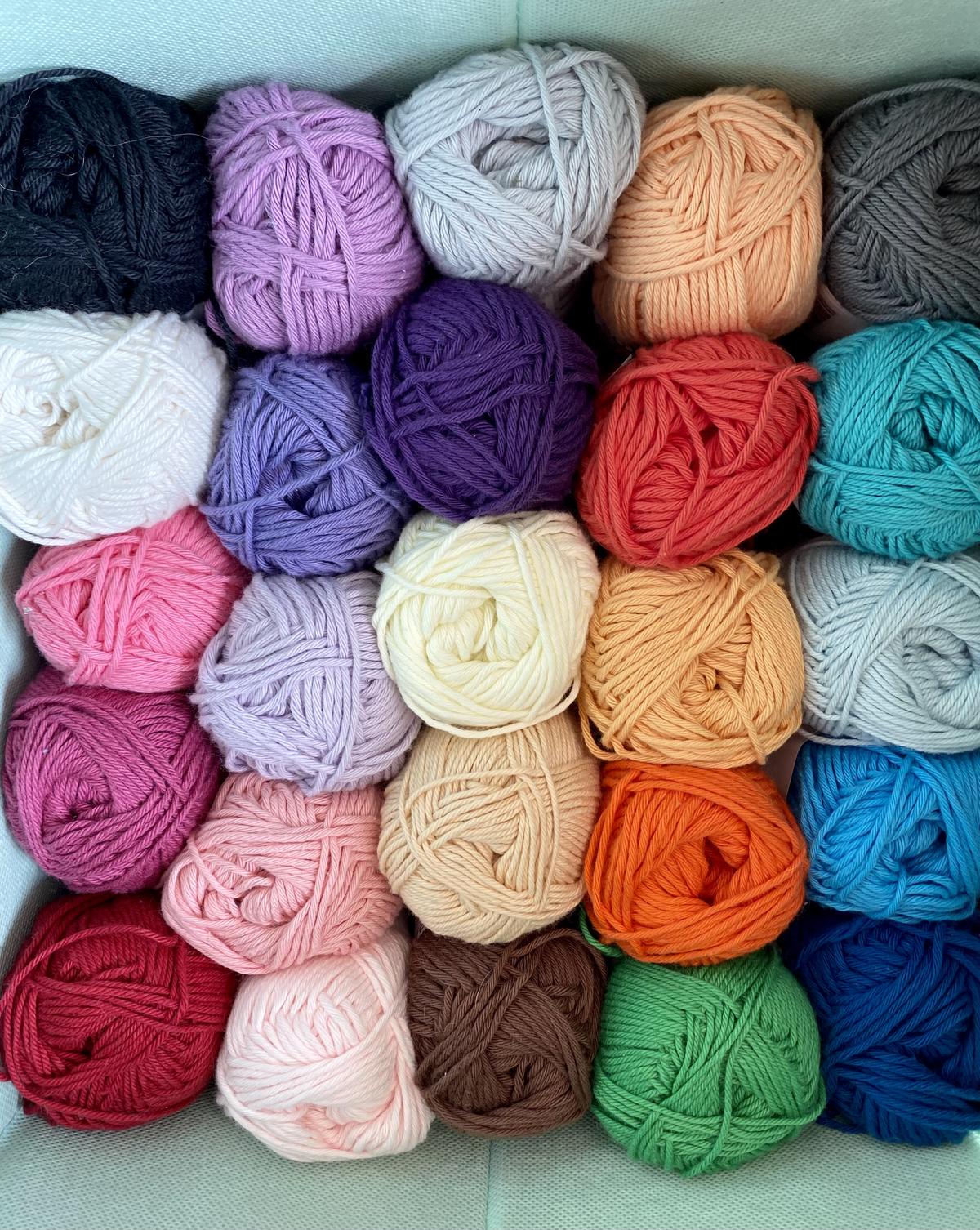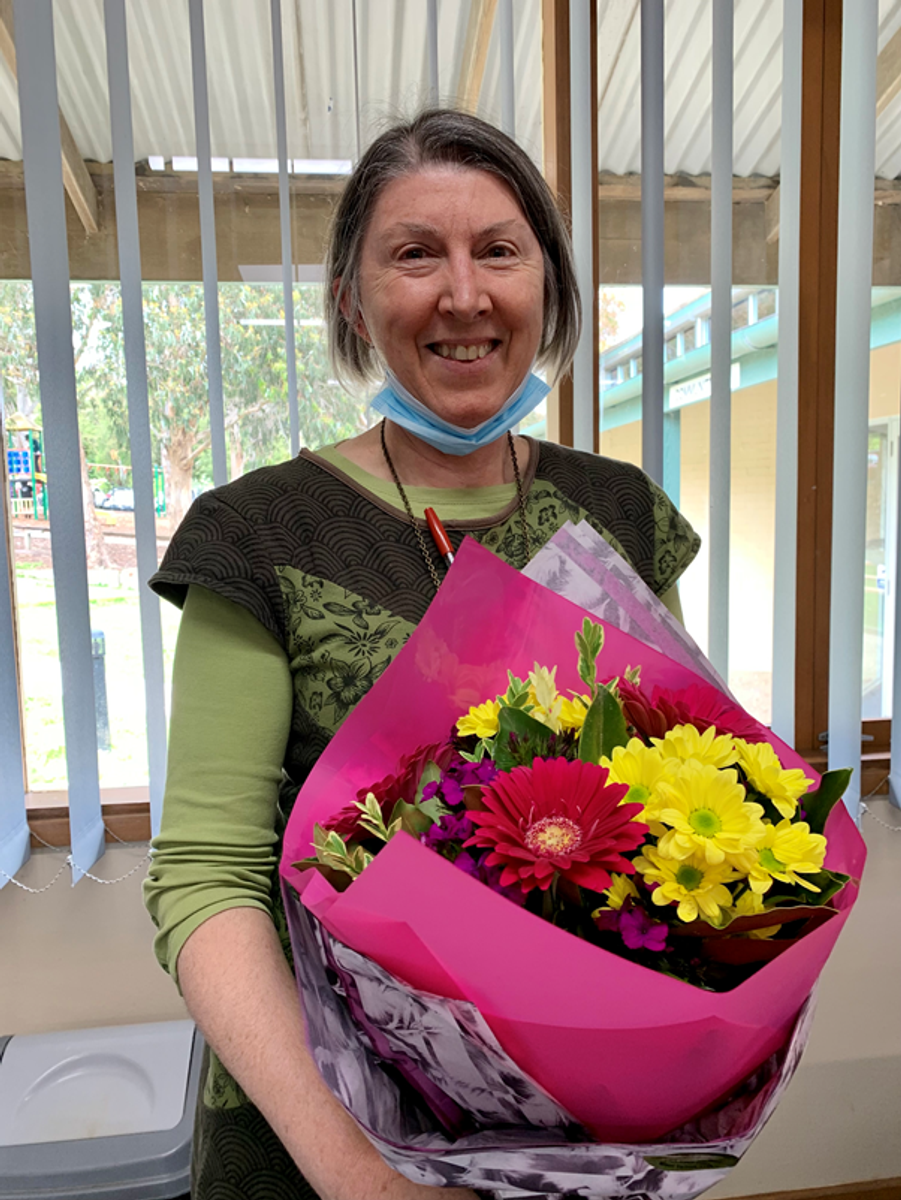Chaplain's Chat
Veronica Tirchett

Chaplain's Chat
Veronica Tirchett
We all make mistakes. Mistakes are part and parcel of being a human and having a go at life. They are an important part of any learning process. Therefore we need to think about how we talk with our children when they make mistakes, so they go into their adult years equipped and confident to take some risks, get it wrong and have another go.
Our children will benefit greatly from our understanding and empathy when it comes to the mistakes they make. Our honesty will help them come to terms with the normality of making mistakes and the uncomfortable feelings that accompany it.
Share with your child that it’s understandable to feel embarrassed, disappointed and frustrated when you make a mistake. How do we know? Because we’ve been there before and have felt those feelings too. Acknowledging the feelings, even the really unpleasant ones, will our children process their emotions, pick themselves up and keep moving forward. Try and keep it positive, no matter how annoying it may be at the time.
No one enjoys stuffing up or failing. We don’t look forward to these moments in life, but they inevitably happen. How we react to our own mistakes as adults teaches our kids so much about life. Be mindful that our children are observing our approach to life, so let’s ask ourselves what are they observing about:
The really powerful learning is in our children noticing how we respond to risk, mistake and failure. Our children learn from us all the time. Occasionally they learn from what we say, but most of the time they learn from what we do.
Our children will stuff up, make mistakes and want to give up. It’s essential that we empathise with how they’re feeling right now, at the same time as encouraging them to be who they could be. That tension is held in the word “yet.”
The other thing we can do to teach our children to have a healthy attitude towards making mistakes is to continue to make mistakes ourselves. Try getting out of your comfort zone. Learn a new language, join a social sports team for a sport that you have never played before, cook a lemon meringue pie from scratch, write a kid’s book and have it rejected by several different publishing companies.
Failure is part of learning. Getting it wrong is how we figure out what something’s meant to be like. Reassure your kids that it’s okay to make mistakes while they’re still learning.
In the midst of it all, us grown- ups taking risks and making mistakes will help us have empathy for the many new challenges that our children face each and every day as they transition from childhood to adulthood. It will also give us an opportunity to model how to cope with making mistakes, not just talk about how to deal with making mistakes.
And remember, Thomas Edison, an inventor, made 1,000 unsuccessful attempts at inventing the light bulb. He refused to give up and his persistence paid off.
If you have any wool at home you are not using can we please have it ? We are knitting/crocheting Woori worms so we would love some bright colours to get going with.



